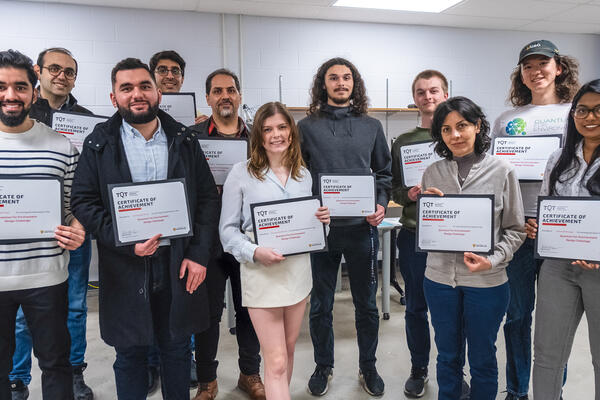
Expert shares views on using geoengineering to limit climate change
An American expert on climate change will discuss the pros and cons of using solar geoengineering techniques that can potentially reduce global warming during a public talk at the University of Waterloo later this week







